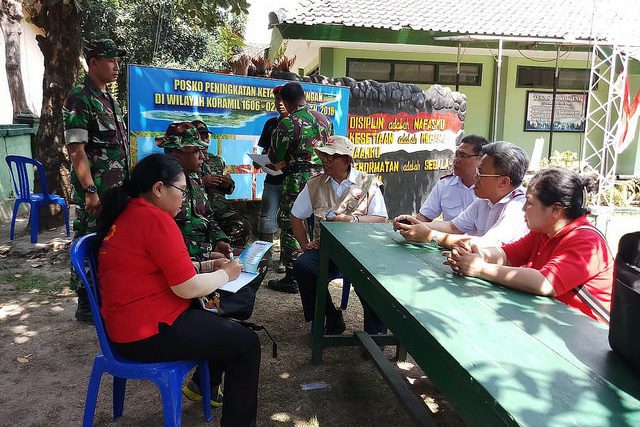By Victoria Shiroma, Major
Whenever I’m asked to share my most memorable Christmas Day, it’s the year when all the wrapped boxes piled under the family Christmas tree were actually filled with gifts.
I was 12 years old when my family of six moved into a newly built house with four bedrooms. The house was small, but it sure beat a two-bedroom apartment. We were not financially rich, but my hardworking parents—who often earned minimum wages—scraped and saved up enough money, in addition to a G.I. loan, to purchase a roomier home. But even during the lean years, they made sure we were well-fed, clothed and sheltered.
All previous Christmases that come to mind produce images of the family wrapping empty shoe boxes with pretty wrapping paper and ribbons. They were placed sporadically under the tree to mix with the few packages that were actual presents. Mr. and Mrs. Santa Claus (aka Dad and Mom) provided each family member with one practical present, often a pair of new shoes to replace the ones that had been worn since the last Christmas.
On that memorable Christmas day, we each received more than one present, including “wished for” gifts along with the usual practical items. That day was especially notable because I felt we were no longer poor. It was a wonderful feeling and a gift in itself.
I looked up the word “poor” in the thesaurus and found the words “insignificant and underprivileged.” That’s how I felt whenever I looked at the empty wrapped boxes. But listed along with these disheartening words were “meek and lowly,” and they reminded me of what Jesus said in Matthew 11:29 (KJV): Take my yoke upon you, and learn of me; for I am meek and lowly in heart: and ye shall find rest unto your souls.
“Meek” is often defined from its original Greek word “praus” as strength under control, but it also describes a soothing medicine. I especially like the latter meaning because of the spiritual healing that Jesus offers everyone.
The year before that unforgettable Christmas Day, a neighborhood friend invited me to the local Salvation Army corps in Salinas, Calif., to participate in youth activities. Almost a year later, she “volunteered” me to help serve Thanksgiving meals to the homeless and to be a bell ringer for their Christmas kettle project (little did I know then how many more years I would be doing that as an officer!).
For the next few years, I continued to volunteer for the corps while still attending my regular church, which I considered a family obligation. Then one evening, the message of God’s greatest gift, Jesus Christ, was preached at a midweek corps meeting. At that moment, I realized that I had yet to truly accept the Gift—-the gift of forgiveness, the gift of blessed hope and joy. And so I did. As memorable as that Christmas Day was when I felt I was no longer socially poor (insignificant and underprivileged) because all the boxes were filled with gifts, even more memorable and important was the day I felt and knew I was no longer spiritually poor because Jesus gave significance to my life by offering me the privilege to accept him as my Lord and Savior.
Today, whenever I see empty, decorative boxes under a Christmas tree, it’s a beautiful reminder that God so loved the world that he gave his one and only Son, that whoever believes in him shall not perish but have eternal life (John 3:16 NIV), and that they may have life, and that they may have it more abundantly (John 10:10b NKJ).
There are those who may still be placing empty gift boxes under their Christmas trees, but know that Jesus Christ is the Gift who can fill the emptiness in our hearts.











